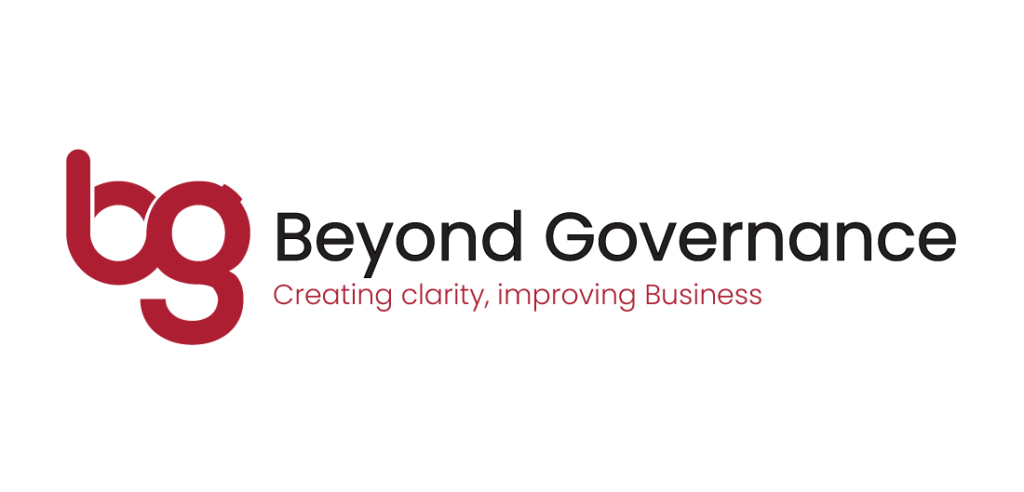Sandy-Lee is passionate about inclusion and equality and shares the lessons she has learnt over the last 15 months as a D&I professional…
Written by Sandy-Lee Connolly, Group Head of Talent and Diversity, Keller Group.
Sandy-Lee is a member of Keller’s Sustainability Steering Committee and leads on Gender Equality. She is also a Trustee of Mind in Mid Herts, a local mental health charity based in Hertfordshire.
Know your WHY
There are a myriad of reasons why companies support and embrace diversity, equity and inclusion (DEI). While it is the right thing to do from a broader societal perspective, taking the time to understand the benefits it brings for all stakeholders is crucial to winning their hearts and minds.
We also took the time to look at DEI through the lens of the workforce challenges facing our industry. The engineering skills gap, changes in workforce trends, the war on talent, alongside the shift in expectations from our clients, investor community and workforce formed the basis of why we believe DEI is important to our long-term success.
Equip leaders to own this space well and keep them accountable
Many things make people feel included in organisations, but what leaders say and do has more impact than anything else. This really matters, because the more leaders help people feel included, the more they will speak up, go the extra mile, and collaborate – all of which ultimately lifts organisational performance.
Recognising that change often starts at the top of an organisation, we delivered inclusive leadership workshops to our global leadership team. Each of our divisions and functions then developed specific action plans that were relevant and impactful for the workforce against each of our six Inclusion Commitments (Keller’s DEI strategy). These action plans are reviewed on a quarterly basis where our leaders have an opportunity to share progress and lessons learnt.
Our senior leadership team are also taking part in a reverse mentoring programme. This will allow them to build a broader understanding of DEI issues affecting our workforce and a more diverse mindset which will drive cultural change.
Get savvy with data
Gathering and assessing diversity data is crucial to informing your strategy and provides insight on where to focus efforts. Best practice suggests assessing data that looks at the entire employee life cycle to understand where minority groups are not represented or where they ‘fall off’. This can include, but is not limited to, hiring, promotion, succession planning and employee turnover rates (alongside any qualitative data like exit interviews which could highlight any common reasons why employees leave). For example, an audit of exit interviews over a period of three years showed that the main reason people left the business was because they could not visualise a long-term career path. We have since then taken steps to address this by introducing a talent development programme that equips all our leaders to have regular career conversations with colleagues and to ensure development plans are in place.
Ask… and listen to learn
Reflecting the world and communities in which we operate is at the very heart of diversity. Rather than being led by misguided assumptions, take the time to engage with your employees to identify the challenges and barriers faced by your underrepresented workforce – this will inform your strategy further and where to focus efforts.
There is a clear link between companies whose leaders actively listen to their workforce and those that have successfully created a culture of inclusion. At Keller, Listen is one of our Inclusion Commitments and we are making it part of our DNA to build and open and honest feedback culture.
“If you find yourself on a committee discussing the needs of a particular group of people, but look around the room and don’t see anyone from that group, you should be highly sceptical of any conclusions reached” – Anonymous.
Remember diversity doesn’t stick without inclusion
Diversity equals representation, but without inclusion, the crucial connections that attract diverse talent, encourage their participation, foster innovation, and lead to business growth won’t happen. Alongside diverse recruitment strategies, companies should do all they can to ensure there is an inclusive culture that respects all and gives everyone the ability to succeed, regardless of who they are or where they come from. This may require a slightly different leadership journey. It also usually requires companies to take a hard look at their workforce policies and processes to ensure they are fair, inclusive and allows everyone to flourish.
Be intellectually curious and open to learn
Do all you can to educate yourself by surrounding yourself with people who are different to you, and can shed light on your blind spots (we all have them!). Become curious about what you don’t know and commit to having open, honest and respectful conversations.
Looking to learn more about Diversity, Equity, and Inclusion (DEI)? Get in touch with us today!
At Keller, we believe DEI makes us a better business, and gives us the opportunity to build on the incredible culture we already have. A diverse set of experiences, perspectives and backgrounds is crucial to innovation and solving problems, and very much needed in our geotechnical environment.
Sandy-Lee began her career as a Governance Professional, gaining significant experience over a period of 18 years. In 2020, she shifted gears and made a complete career change to become Group Head of Talent and Diversity at Keller Group, the world’s largest geotechnical specialist contractor.



